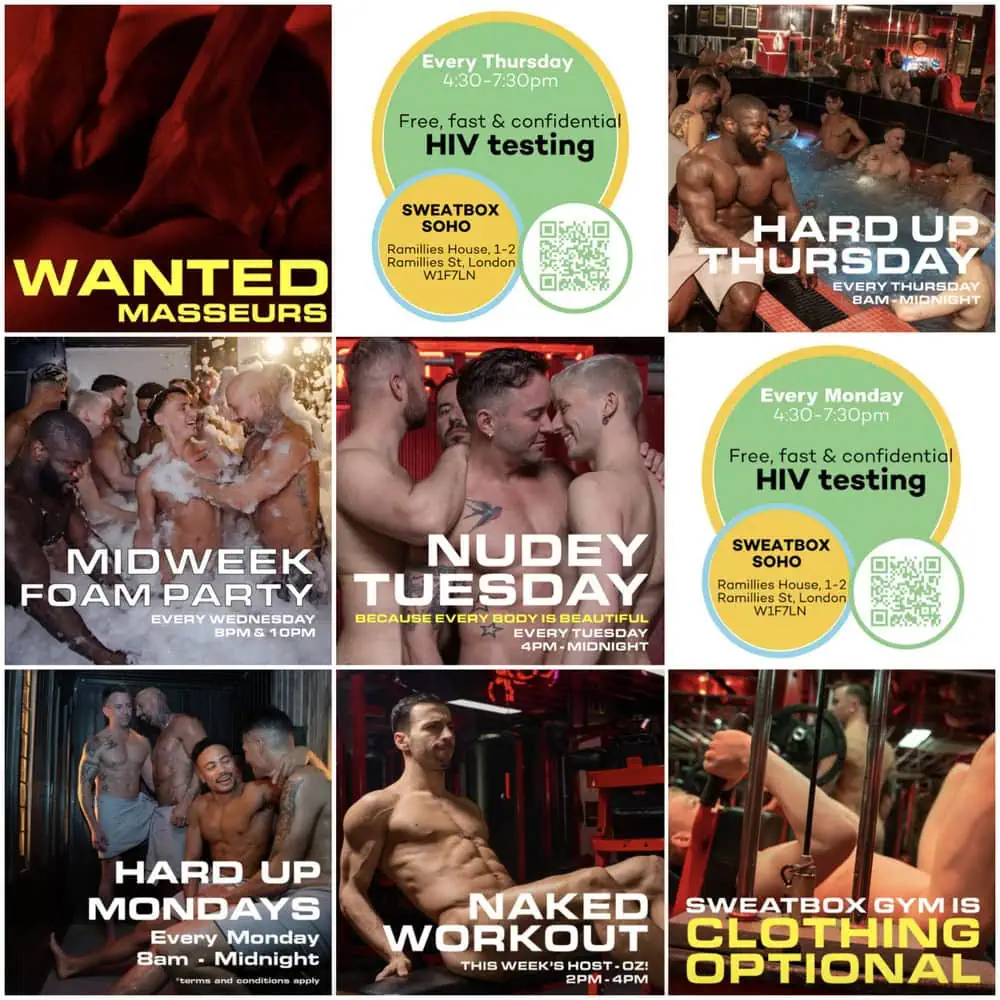In San Francisco, Doctors have diagnosed a man who was on PrEP with HIV.
Coming as the third instance of a HIV diagnosis for a man taking PrEP in the US, this comes as a reminder that the preventative drug treatment is 99.9% effective, and some cases will fall in the 00.1%. The announcement of the diagnosis came during ID week at a conference for members of the Infectious Disease Society for America. The patient was diagnosed with a rare drug-resistent strain of HIV earlier this year.
The man in question had been taking a course of PrEP, in the form of a daily dose of the anti-HIV drug Truvada, along with trimonthly testing. DNA analysis of the patient, taken from hair samples, revealed that the man had been taking his medication correctly and adhered correctly to the program, not missing a dose of the drug.
The diagnosis has been linked to the patient’s HIV+ sexual partner who had stopped taking his own medication, who carried a rare drug-resistant strain of the HIV virus. Since the partner came off his medication his viral load began to increase, meaning he could pass it on to his partner. The levels of Truvada in the diagnosed man who was on PrEP ware not enough to combat the drug-resistant form of the virus.
This comes as the fifth proven case worldwide of a man on PrEp acquiring HIV despite adhering to the parameters of the drug treatment.
Despite this rare instance of infection, there are 350,000 people worldwide who use PrEP to maintain their sexual health. The drug has been credited with reducing the rates of HIV infection among gay men, and remains the most effective method against HIV prevention, especially when used with a condom.
Speaking on the infection Dr. Robert Grand, of the University of California San Francisco, assured those currently on PrEP that it remains a highly effective treatment. He shared in a statement that:
“We know PrEP is greater than 99% effective, there are some cases where HIV will break through. We only have a handful of cases now, and next year, we’ll probably have a handful more. Fortunately, these cases are caught early, treated, and suppressed quickly. The person goes from taking one pill a day to one pill a day. The biggest difference is stigma.”


















